Elon Musk has once again captured media attention. This time, however, it isn’t a rogue X rant or embittered comments about President Trump’s abuse of executive authority. Instead, a proposed $1 trillion pay package crafted by Tesla’s board and Musk has grabbed headlines. The proposed scheme is ludicrous not only in terms of the highly aspirational 12 milestones that would unlock the benefits, but also in terms of good governance practice.
Greed may be good but when is enough?
Even needing to support 14 children with four different mothers, how much capital does Musk need? The argument that Musk needs additional incentive to lead Tesla to new heights runs entirely counter to the fact that he owns nearly 20% of the company’s outstanding shares and will already be well rewarded from any upside in the company’s performance. If Tesla were to achieve an $8.5 trillion market cap, as outlined by one of the pay package milestones, Musk would be worth over $1.6 trillion, based on that current ownership stake.
Musk is the richest person in the world (or second if you believe that number one is Vladimir Putin), and nearly twice as wealthy as the individuals ranked third and fourth, Larry Ellison and Mark Zuckerberg, respectively. Estimated to be worth over $437 billion, none of Musk’s lifestyle, resources, or influence will meaningfully change from any material increase in wealth.
After threatening to walk away from Tesla earlier this year, Musk received a $30 billion pay package after a federal judge denied him a $50 billion package. It is shameful for Musk to now be holding shareholders hostage to suit his need for power. Renowned founders such as Bernie Marcus of Home Depot, Bill Gates of Microsoft, Michael Dell of Dell Technologies, Steve Schwarzman of Blackstone, Sam Walton of Walmart, and Larry Fink of BlackRock never fabricated shakedown strategies like this to regain more control of their companies after they went public.
Moreover, should Musk act on his threat and leave Tesla, he would be the biggest loser as the largest shareholder of the biggest meme stock in financial market history. Tesla has a P/E ratio of over 200x, compared to the world’s most valuable company, Nvidia, at nearly 50x, so a 50% drop in the existing Tesla market cap of $1.1 trillion would result in a $110 billion loss in paper wealth, a quarter of Musk’s estimated worth.
The fine line between visionary winners and delusional losers
The performance milestones in the proposed pay package are both illusional and delusional. According to the proposal, Tesla is required to deliver 20 million vehicles, a significant increase from the 1.8 million delivered in 2024. The company must also distribute one million robots. They have not even developed a fully functional humanoid robot.
Additional benchmarks require one million robotaxis to be placed into commercial operation, versus 30 on the roads today, and 10 million subscribers for its Full Self Driving service, compared to approximately 1 million in 2024.
Most jarring are the mandates for the company to more than double the $4 trillion market cap of Nvidia and to notch $400 billion of adjusted EBITDA, versus $16.65 billion in 2024.
Battery drained in Musk’s magic wand a shareholder issue — not government
Despite the absurdity of the performance package, the federal government does not need to intervene, as it has been so inclined to do lately. If stockholders do not like the proposed pay package, then they will vote against the proposal or sell their stock holdings. Of course, shareholders, not the government, should be asking important questions—of which there are many—about the necessity for such a rich payout and high ownership stake.
One of those burning questions: If Musk preferred maintaining so much control, then why did he take Tesla public?
The centrality of the chief executive to the success of the company is far more symbolic in the eyes of tech bros than it is substantive in the eyes of the average customer. In fact, as of late, he has been the most detrimental factor to the Tesla sales pipeline, which is on track to fall for the second year in a row. Sales in Europe have notably fallen by 40% year-over-year, ceding its dominant market position to Chinese EV automaker BYD for the first time. The Chinese market has been just as challenging for Tesla, which has experienced repeated sales declines over several months this year and has yielded more than half its market share to competitors since 2021.
While Musk may be the greatest inventor of our time, his magic wand is overhyped. Most of his private companies, such as Neuralink, The Boring Company, X/Twitter, and SolarCity, have been a bust or seen lackluster performance. Solar City was a failure that got jammed down the throats of unrelated Tesla shareholders. It would take a lot of nerve to celebrate the delayed success of Neuralink. X/Twitter’s value collapsed after Musk took control.
At least there is truth in advertising for the Boring Company. It lives up to its name by failing to connect the scores of cities with high speed tunnels that were promised years ago. SpaceX has seen success primarily due to a stable flow of government contracts and subsidies, and the steady operating hand of President and Chief Operating Officer Gwynne Shotwell. xAI has potential but its Grok chatbot raised many concerns when it began spewing pro-Nazi/Hitler and antisemitic pronouncements soon after Musk tampered with the large language model’s algorithm.
Leading on the edge while taking the board off the cliff
The board is suffering from what political scientists and psychologists call “groupthink,” psychiatrists label folie à deux, social workers call “codependence,” and normal people recognize as an infatuation with a charismatic, cultish powerful figure. We have seen this happen before at Viacom with Sumner Redstone and CBS with Bill Paley.
We’ve seen it with Ken Olsen at Digital Equipment Corporation, once the world’s second-largest tech company but no longer in business. And we saw it with Juan Trippe at Pan American World Airways, the now-defunct pioneer of transoceanic travel that was once America’s flagship carrier. The original nationwide coffee house pioneer, William Black, ran the Chock full O’Nuts chain that he founded into his mid-80s when he was flat on his back in the hospital while his full-time physician and lifelong friend served as the president. Those boards followed such charismatic CEOs, who lived on the edge, until they ran right off the cliff.
The opinions expressed in Fortune.com commentary pieces are solely the views of their authors and do not necessarily reflect the opinions and beliefs of Fortune.
This story was originally featured on Fortune.com

 3 hours ago
1
3 hours ago
1
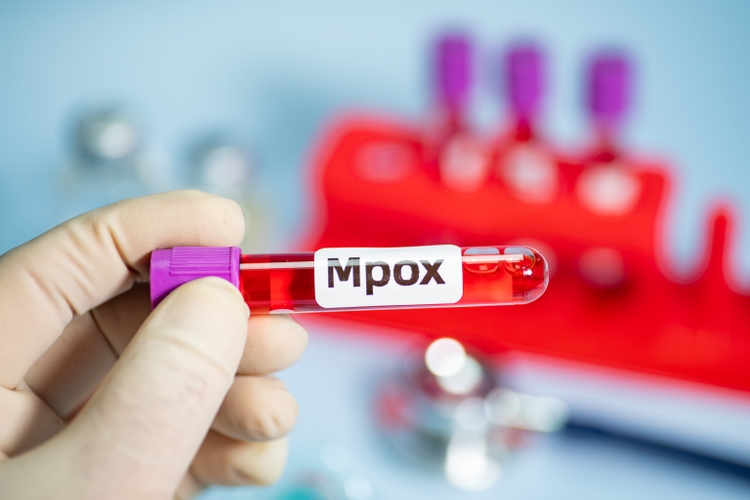

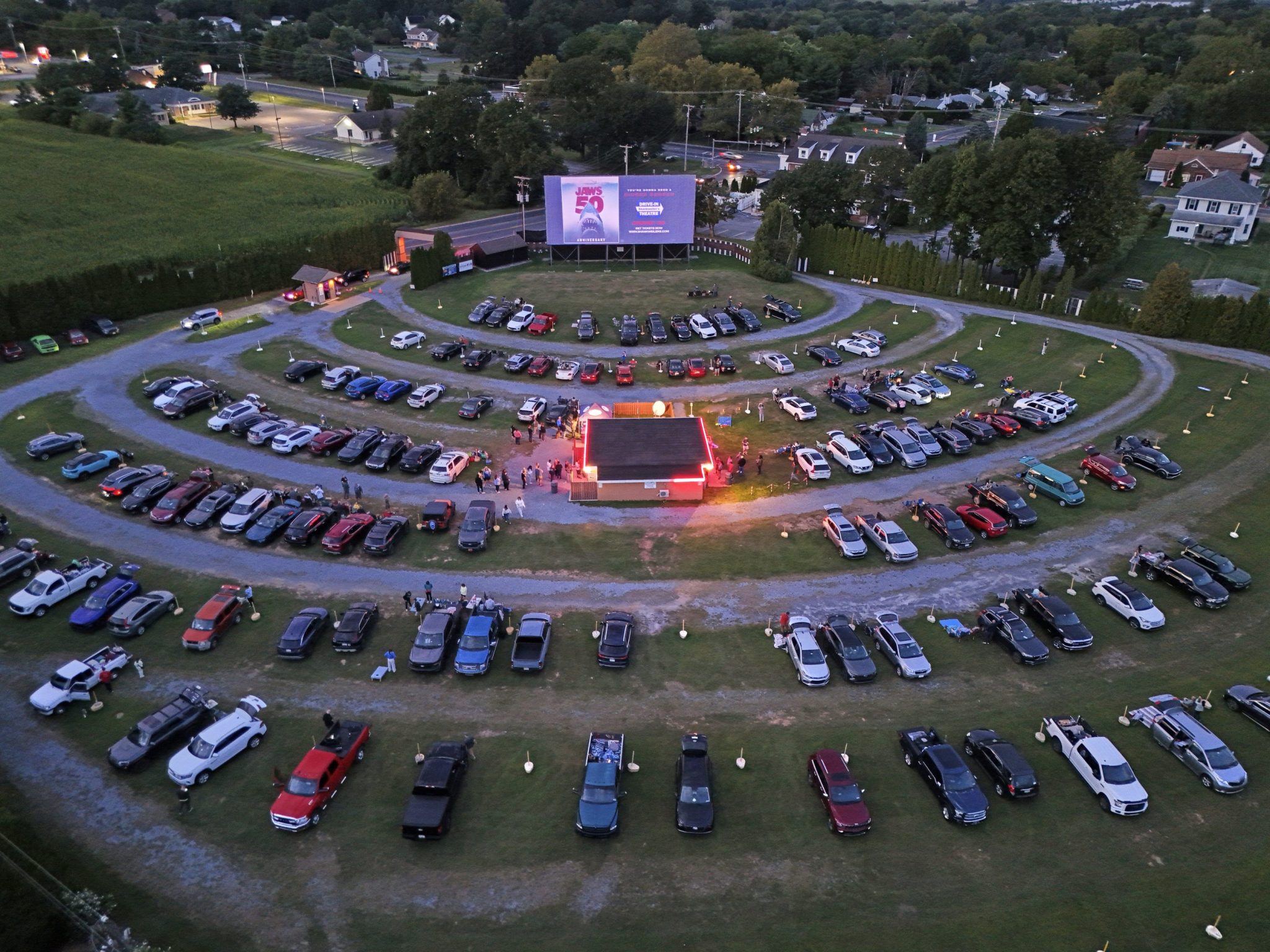

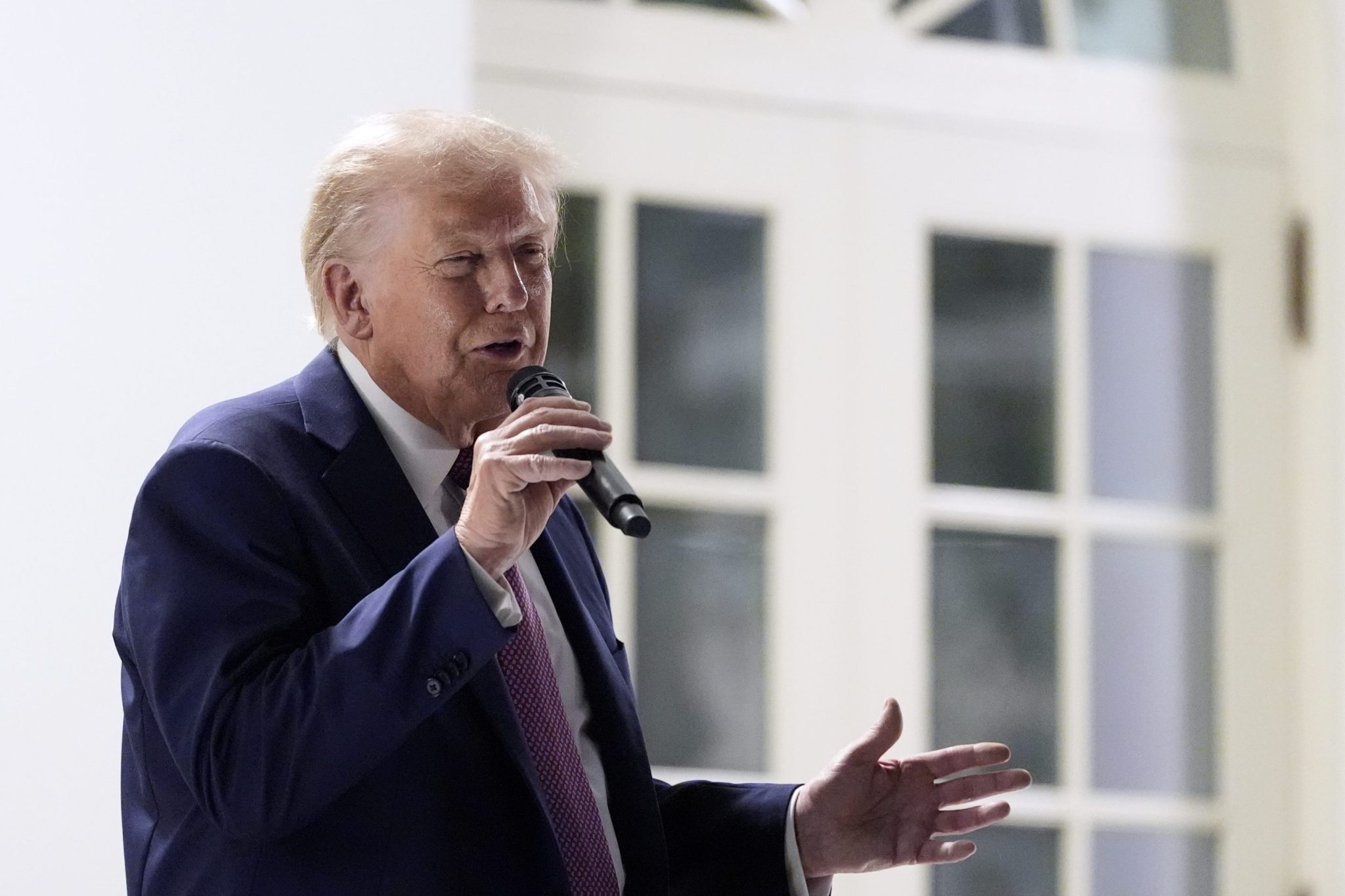
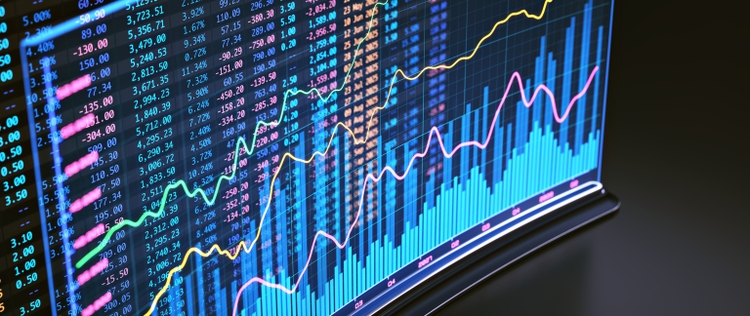

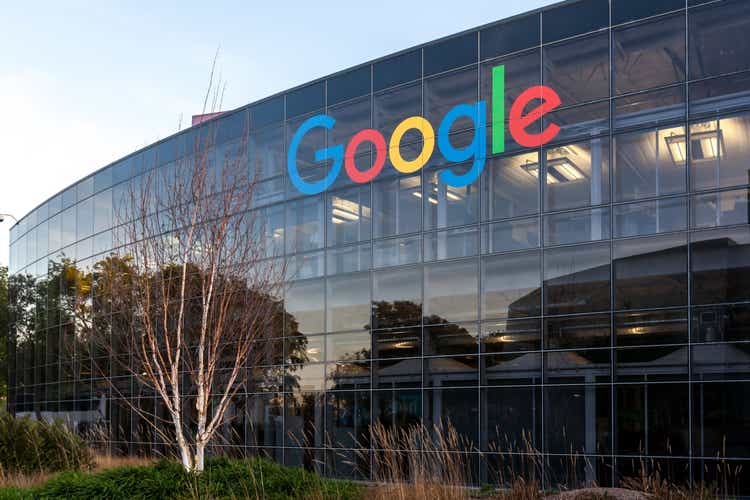

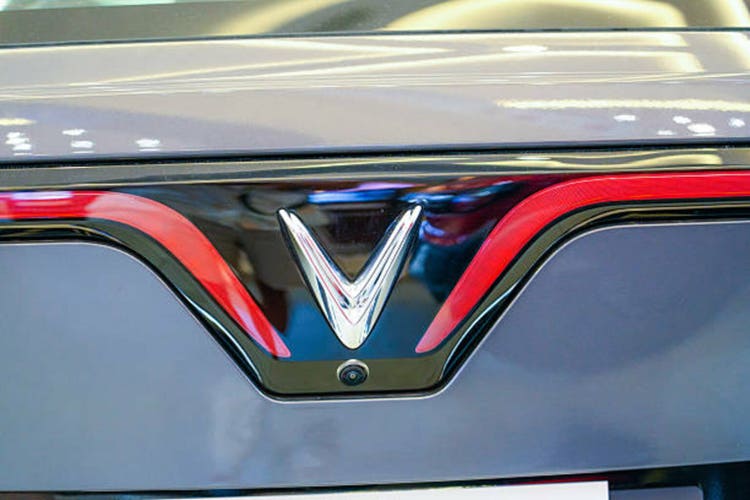
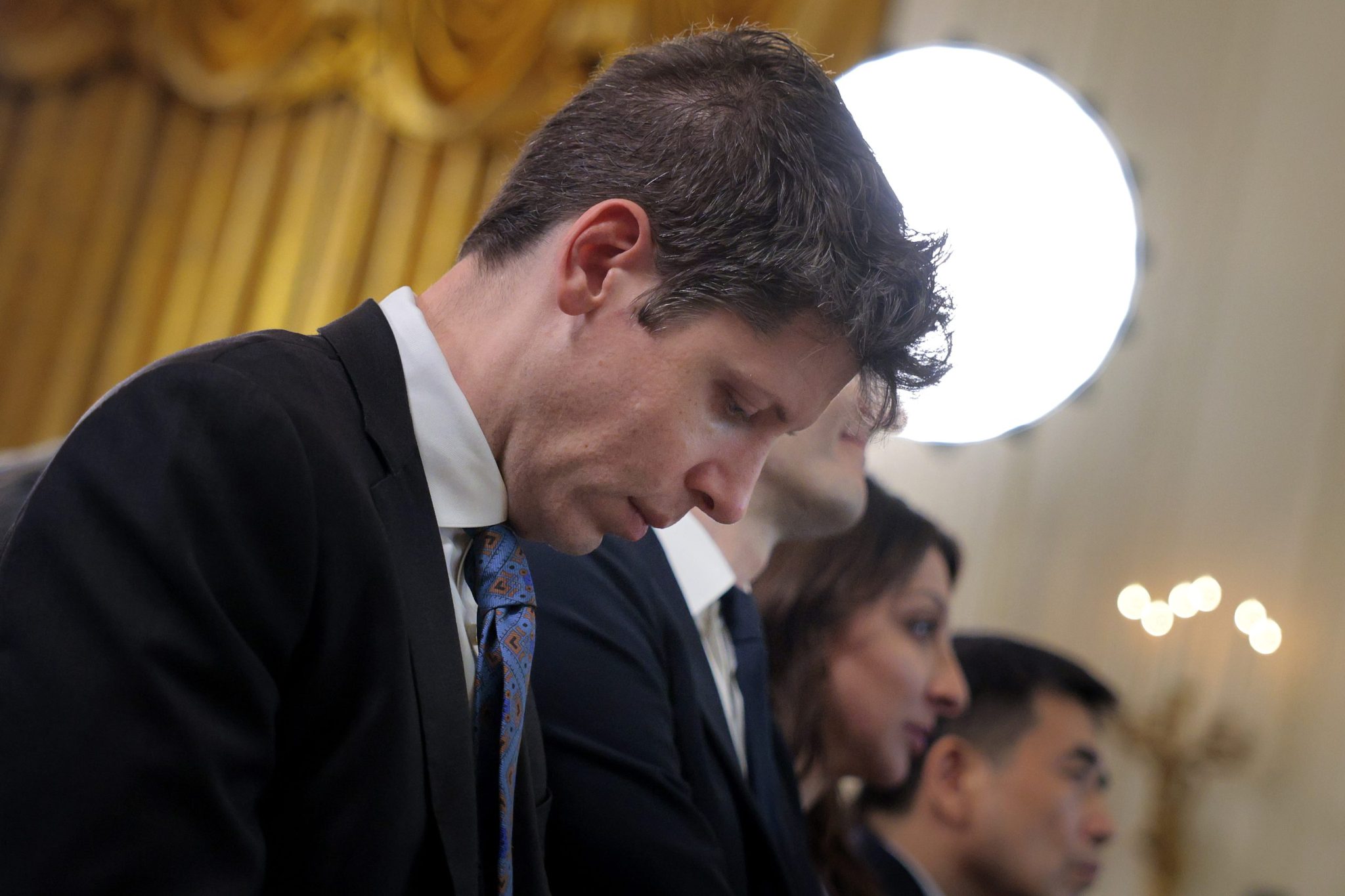


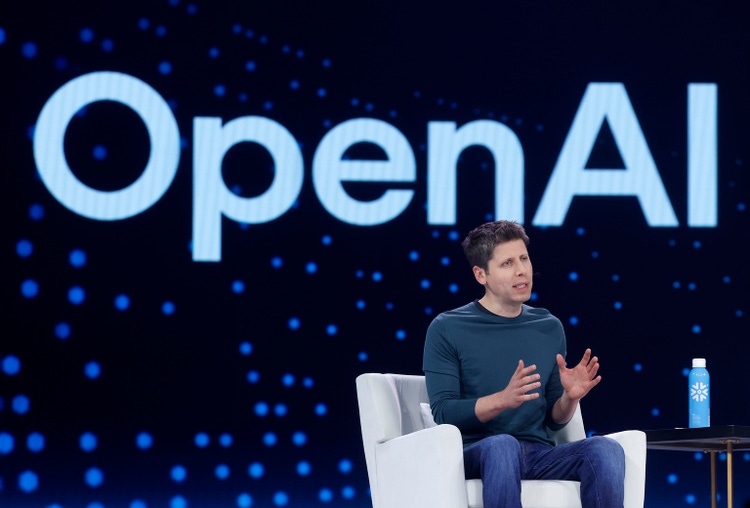

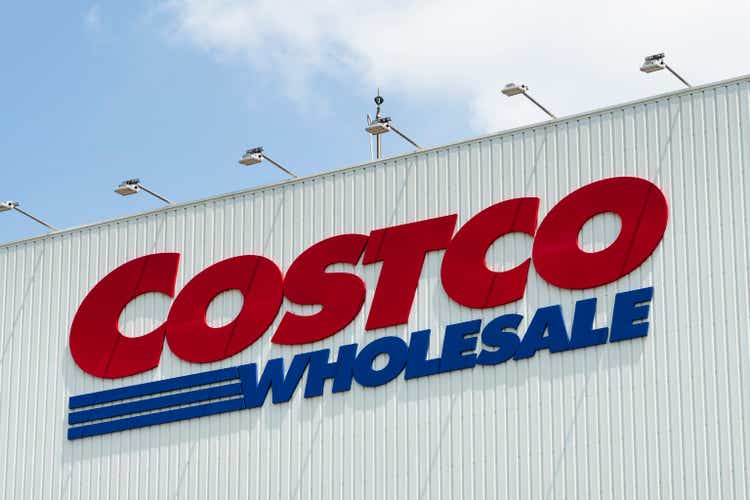

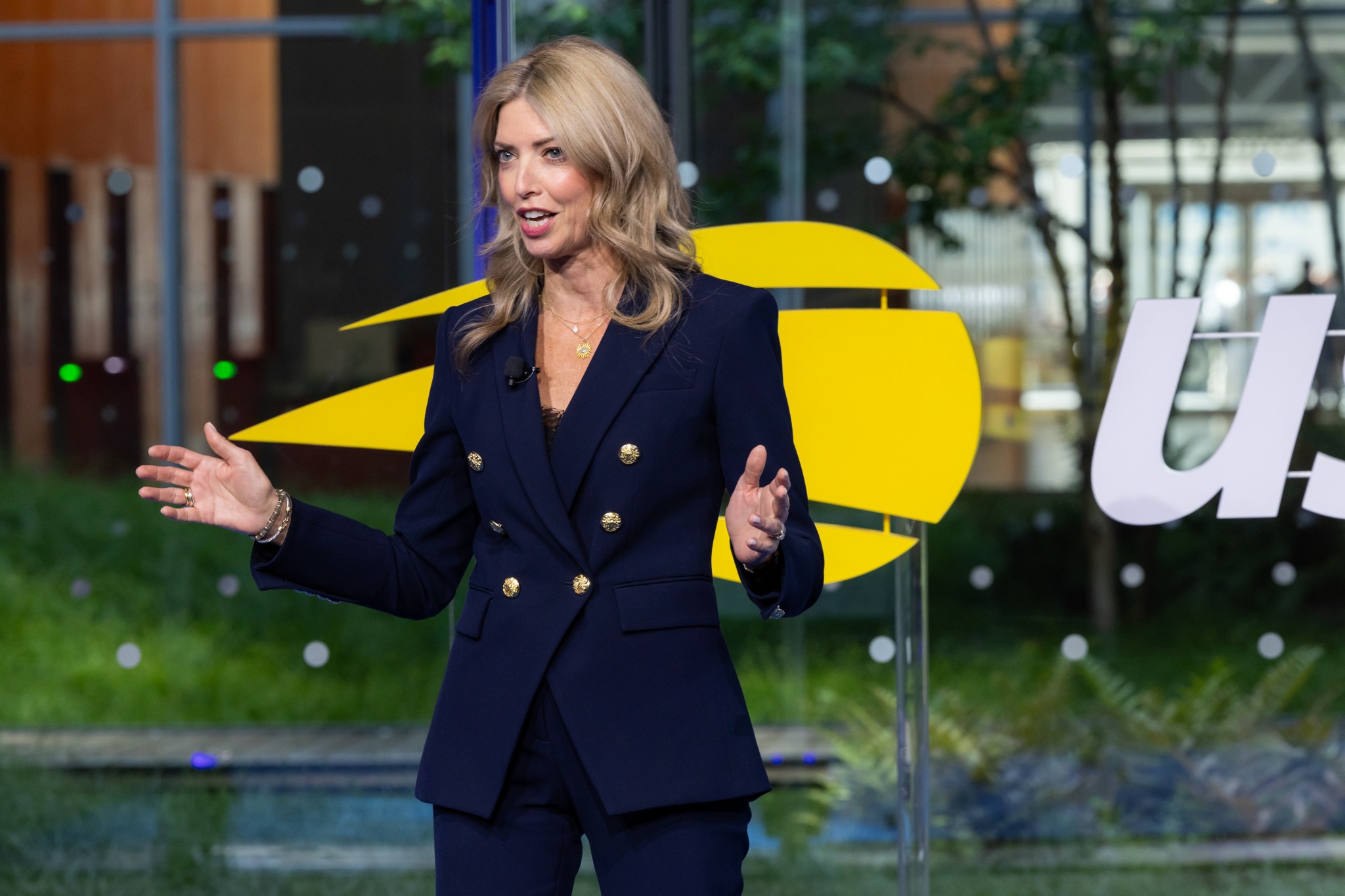

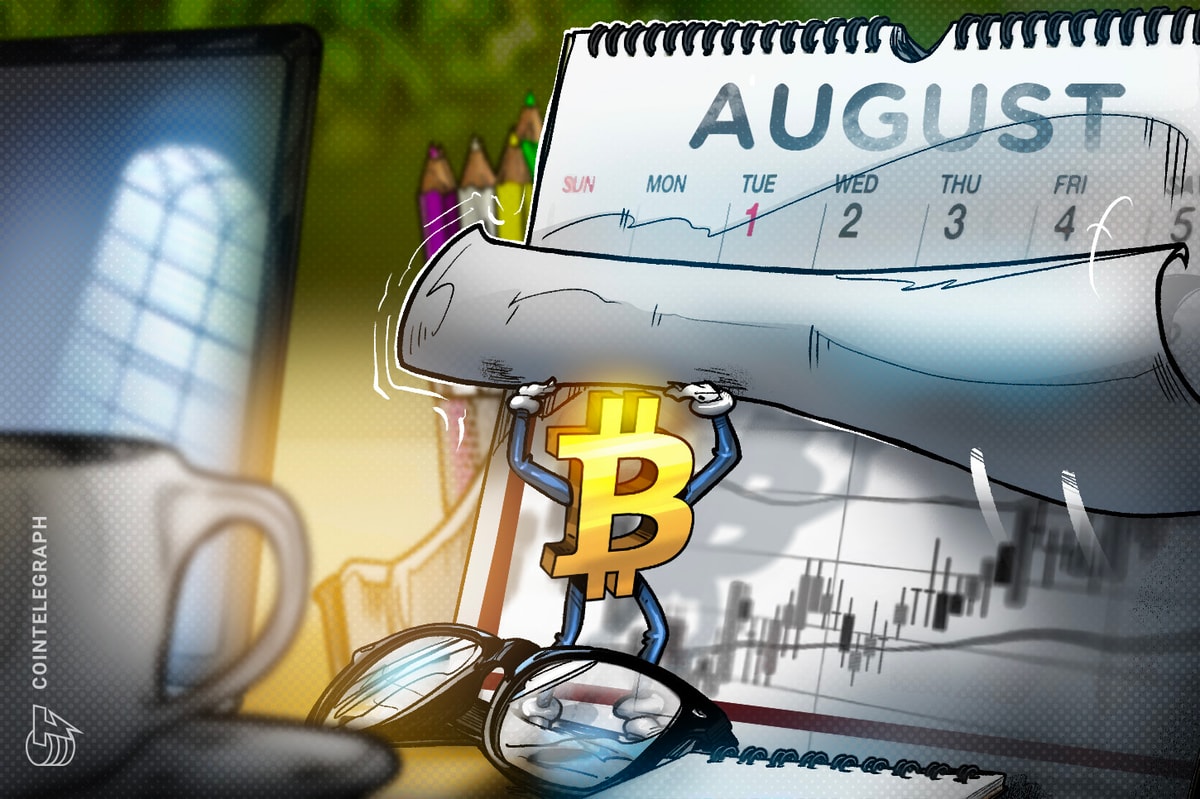
 English (US) ·
English (US) ·